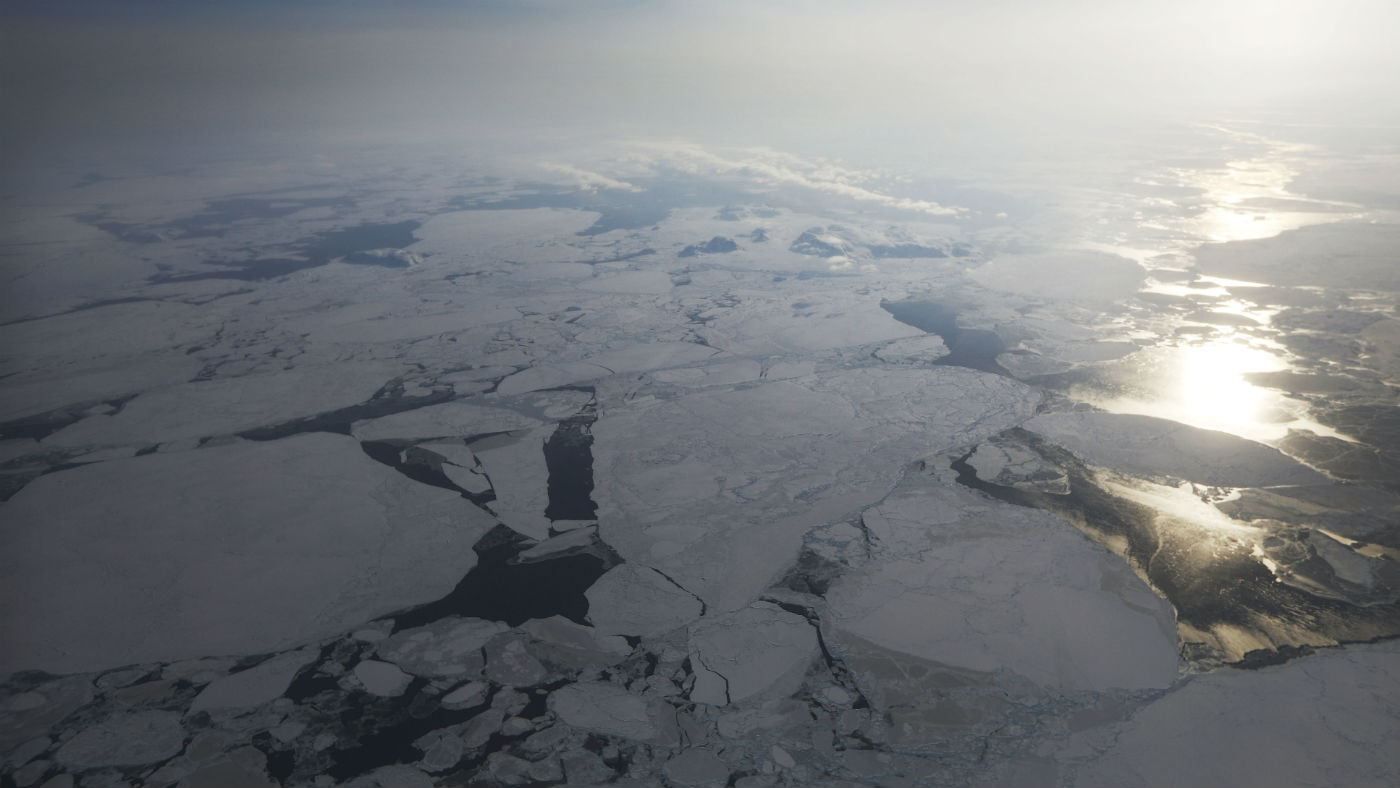How has chlamydia infected the Arctic seafloor?
Scientists discover previously unknown bacterial strains related to the STI in mud at bottom of ocean

A free daily email with the biggest news stories of the day – and the best features from TheWeek.com
You are now subscribed
Your newsletter sign-up was successful
Scientists are struggling to unravel a new mystery after discovering a previously unknown species of the world’s most commonly diagnosed sexually transmitted infection (STI) at the bottom of the Arctic Ocean.
The international team came across the “biological cousin” of chlamydia while exploring seafloor sediment near the hydrothermal vent known as Loki’s Castle, between Iceland and Norway, reports the New York Post.
Listen to "#166 Arctic chlamydia, oil and alcohol-free beer" on Spreaker.
The Week
Escape your echo chamber. Get the facts behind the news, plus analysis from multiple perspectives.

Sign up for The Week's Free Newsletters
From our morning news briefing to a weekly Good News Newsletter, get the best of The Week delivered directly to your inbox.
From our morning news briefing to a weekly Good News Newsletter, get the best of The Week delivered directly to your inbox.
The newly unearthed bacteria - part of a group of microbes collectively known as Chlamydiae - was found about two miles under the ocean’s surface, “in an extreme environment void of oxygen”, adds the newspaper.
“Finding Chlamydiae in this environment was completely unexpected, and of course begged the question, what on Earth were they doing there?” says Jennah Dharamshi of Sweden’s Uppsala University, the lead author of a newly published study on the find.
The answer could be that the bacteria are more ubiquitous than previously realised. Study co-author Daniel Tamarit, of Wageningen University in the Netherlands, says: “Chlamydiae have likely been missed in many prior surveys of microbial diversity.
“This group of bacteria could be playing a much larger role in marine ecology than we previously thought.”
A free daily email with the biggest news stories of the day – and the best features from TheWeek.com
Chlamydia organisms function parasitically, and are only able to reproduce inside the cells of a host. Some Chlamydiae prey on humans and other large animals – but others, perhaps including those found on the seabed, have smaller targets.
Classed as an “obligate intracellular parasite”, some strains of the bacterium prey on microscopic organisms such as amoeba, algae and plankton.
–––––––––––––––––––––––––––––––For a round-up of the most important stories from around the world - and a concise, refreshing and balanced take on the week’s news agenda - try The Week magazine. Start your trial subscription today –––––––––––––––––––––––––––––––
However, although the Arctic Ocean researchers searched for a possible host for the newly discovered strain, they were unable to discover what the parasitic bacteria were preying on in the seabed.
And while the team extracted samples of the bacteria, they could not culture them in the lab, perhaps because of the difficulty of recreating the high-pressure, low-oxygen environment where they were found.
The scientists hope their discovery may ultimately help them better understand how bacteria in the Chlamydiae family evolved to become infectious, but admit much more research is needed.
Or as science news site Gizmodo says: “It’s also not immediately clear how this bacteria made its way from the deep ocean and into our genitals, if that’s indeed the pathway taken.”